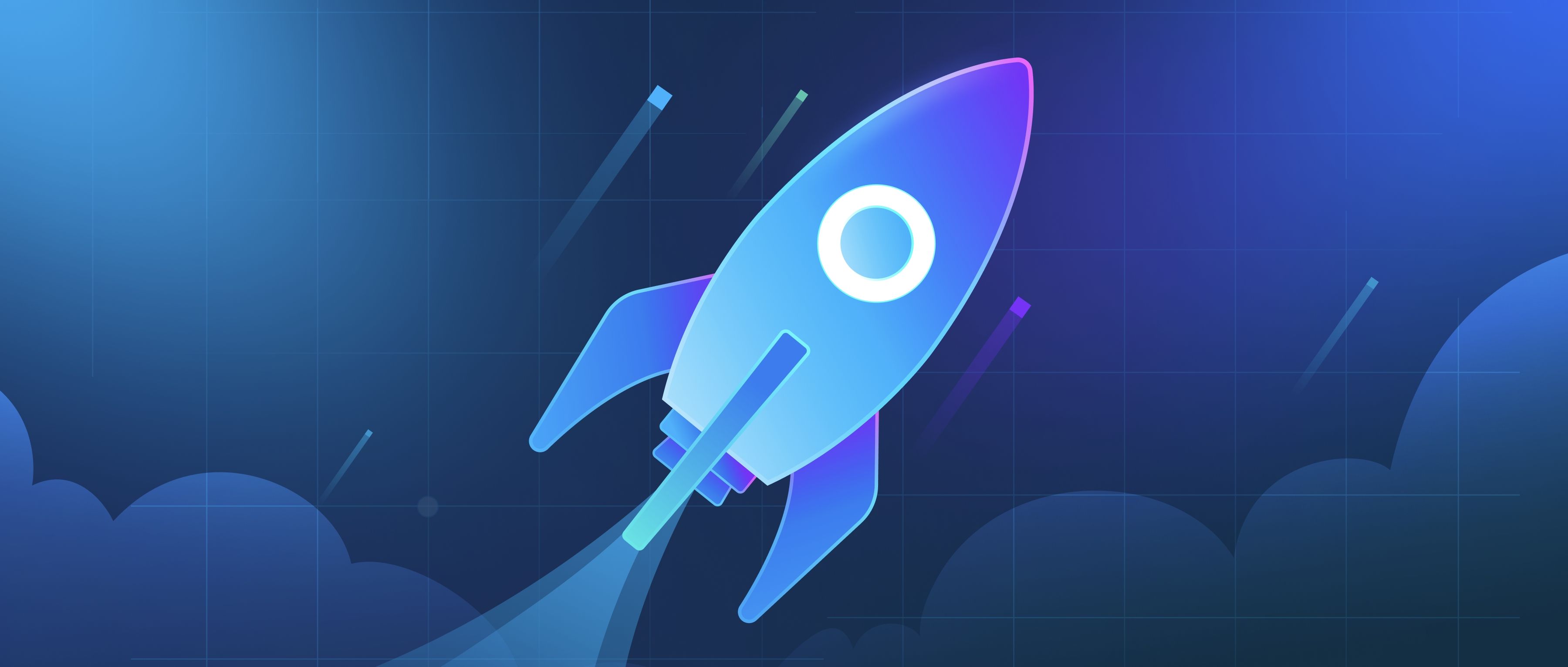A Deep Q-Network (DQN) is a type of artificial intelligence model that combines Q-Learning, a popular reinforcement learning algorithm, with deep neural networks. The primary goal of a DQN is to learn optimal actions for an agent in an environment to maximize cumulative rewards. In simple terms, it enables an agent to make decisions based on past experiences and current states by evaluating which actions lead to the best outcomes over time.
In a typical DQN setup, the agent interacts with an environment and receives states and rewards based on its actions. A neural network processes the current state of the environment and predicts the expected future rewards for all possible actions. This means that instead of maintaining a simple table of Q-values for state-action pairs, a DQN uses a neural network to generalize and approximate these values across similar states. For instance, in a video game, the DQN might learn to recognize patterns in the game environment that lead to successful moves, even if those exact situations were not encountered during training.
Training a DQN involves a process known as experience replay, where the agent stores its experiences in a buffer and samples them to learn from past actions. This technique helps break the correlation between consecutive experiences and allows for more stable training. Additionally, DQNs often employ techniques like target networks to further stabilize the learning process. Overall, DQNs have been successfully applied in various domains, such as game playing, robotics, and automated decision-making systems, showcasing their versatility in solving complex tasks.
